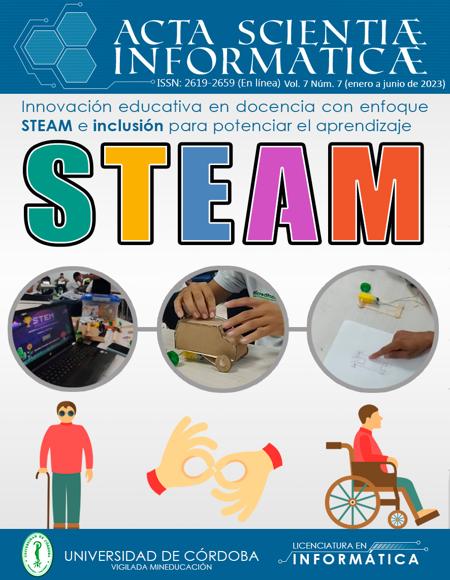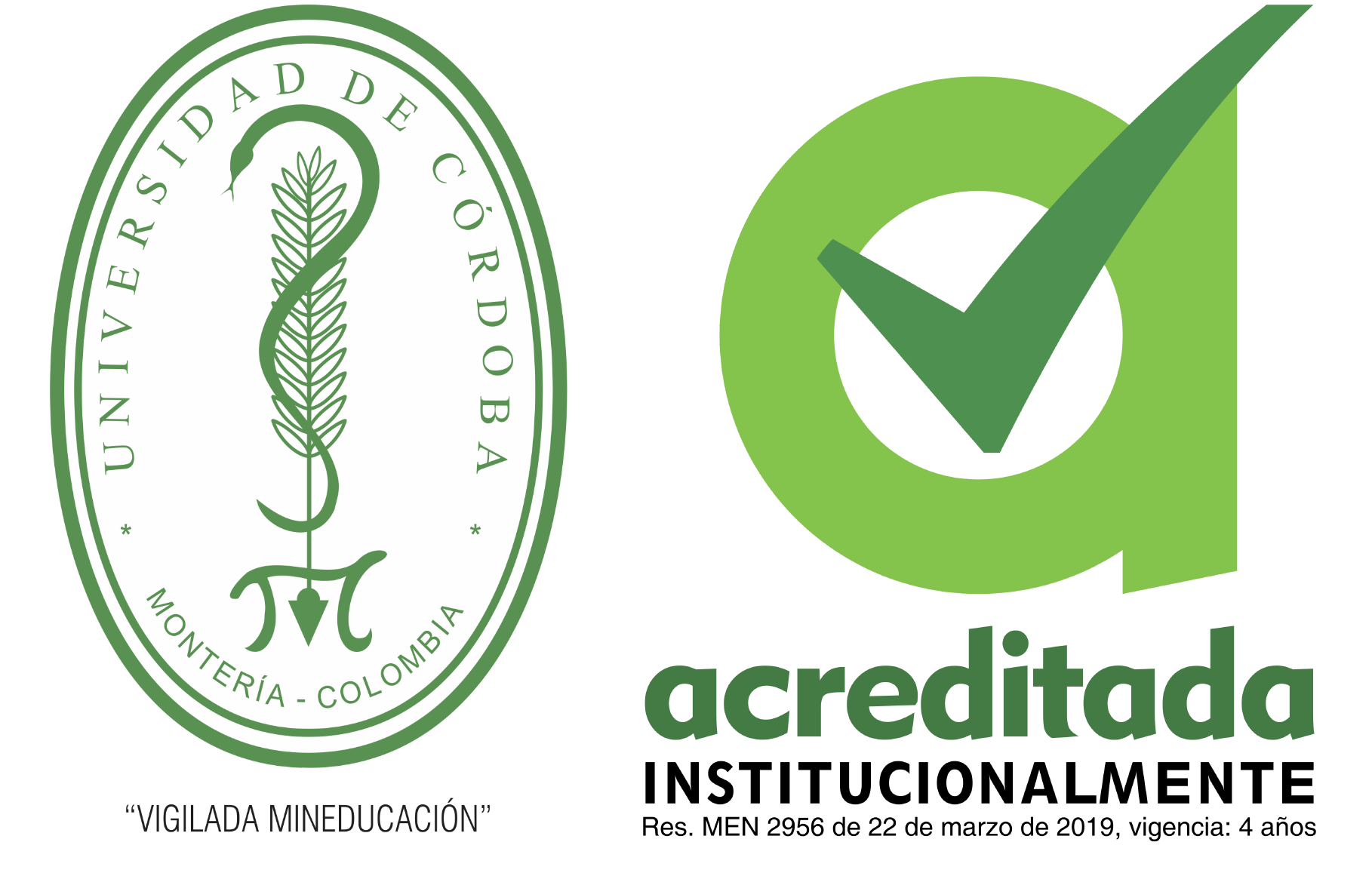Uno FACTORES QUE INFLUYEN EN EL DESARROLLO DE LAS COMPETENCIAS DIGITALES DE LOS DOCENTES RURALES DEL MUNICIPIO DE MONTERÍA: UN ESTUDIO TRANSVERSAL
FACTORES QUE INFLUYEN EN EL DESARROLLO DE LAS COMPETENCIAS DIGITALES DE LOS DOCENTES RURALES DEL MUNICIPIO DE MONTERÍA: UN ESTUDIO TRANSVERSAL
Show authors biography
This article addresses the challenges faced by rural teachers in the development of digital skills in the municipality of Montería, Colombia. Despite advances in technology and connectivity, rural teachers encounter significant obstacles in the effective use of technology and the acquisition of digital skills. These limitations can affect the quality of education in rural communities and restrict learning opportunities.
The article highlights the importance of closing the digital divide in rural areas and prioritizing the development of teachers' digital skills. The study carried out in the municipality of Montería used a descriptive cross-sectional approach to collect data through interviews and visits to rural educational institutions. The results indicated that access to technological infrastructure, teacher education and training, access to digital educational resources, institutional support and collaboration between teachers are key factors that influence the development of digital skills of rural teachers. It is concluded that it is necessary to strengthen the digital skills of rural teachers through training and professional development programs that address both technical knowledge and digital pedagogy. In addition, the importance of providing access to adequate technological infrastructure, digital educational resources and an institutional support environment is highlighted to close the digital divide in rural areas and promote an inclusive and equitable educational environment.
Article visits 358 | PDF visits
Downloads
- UNESCO, Replantear la educación: ¿Hacia un bien común mundial?, vol. 43. 2015.
- J. Sastre Reyes, “La brecha digital en las escuelas rurales: un estudio de caso.,” Innoeduca. Int. J. Technol. Educ. Innov., vol. 5, no. 2, pp. 189–196, 2019, doi: 10.24310/innoeduca.2019.v5i2.4995
- C. Álvarez and F. J. García, “The digital gap and new academic forms in rural schools of Spain during lockdown,” Educar, vol. 57, no. 2, pp. 397–411, 2021, doi: 10.5565/REV/EDUCAR.1250.
- E. Estrada and M. Mamani, “Competencia digital y variables sociodemográficas en docentes peruanos de educación básica regular,” Rev. San Gregor., no. 45, pp. 1–16, 2021, [Online]. Available: http://scielo.senescyt.gob.ec/pdf/rsan/v1n45/2528-7907-rsan-1-45-00001.pdf.
- G. Medina, “Relationship between teachers’ digital competence and Mexican rural school conditions,” Educ. • Educ. • Educ. •, vol. 41, no. 30, p. 2020, 2020, [Online]. Available: https://www.revistaespacios.com.
- E. Daniela and V. Mesa, “Estudio comparativo entre México y Colombia de las prácticas docentes en contextos rurales en tiempos de la pandemia covid- Comparative Study Between México and Colombia of Teaching Practices in Rural Contexts in Times of the COVID-19 Pandemic Estudo comp,” vol. 13, 2020.
- D. E. Soto and L. E. Molina, “La Escuela Rural en Colombia como escenario de implementación de TIC,” Saber, Cienc. y Lib., vol. 13, no. 1, pp. 275–289, 2018, doi: 10.18041/2382-3240/saber.2018v13n1.2086.
- F. O. R. Me and E. N. El, “Informe de seguimiento de la educación en el mundo 2021/2: Los actores no estatales en la educación ¿Quién elige? ¿Quién pierde?,” Inf. Seguim. la Educ. en el mundo 2021/2 Los actores no estatales en la Educ. ¿Quién elige? ¿Quién pierde?, 2021, doi: 10.54676/kdws4430.
- S. D’Angelo, R. Marcus, and E. Ngabonzima, “Teaching and learning for life skills development: Insights from Rwanda’s 12+ programme for adolescent girls: Special Issue Youth & Adolescent Skills Development: Preparing Young people for diverse global challenges,” Dev. Policy Rev., vol. 40, no. S2, pp. 1–18, 2022, doi: 10.1111/dpr.12622.
- I. Vásquez, “Tipos de estudio y métodos de investigación,” Gestiopolis, pp. 1–12, 2016, [Online]. Available: https://nodo.ugto.mx/wp-content/uploads/2016/05/Tipos-de-estudio-y-métodos-de-investigación.pdf.


